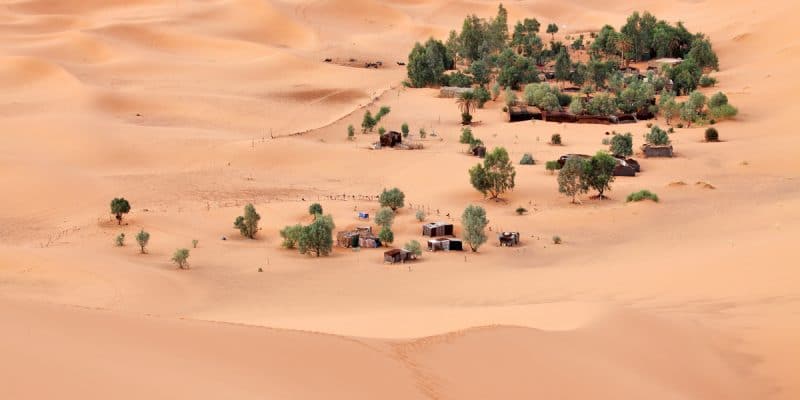The preservation of oasis ecosystems in North Africa is the highlight of Tunisia's participation in COP 25, scheduled for 2-13 December 2019 in Madrid, Spain. The regional oasis protection project consists of the sustainable exploitation of nearly 350,000 hectares, spread over Tunisia, Algeria, Mauritania, Libya, Egypt and Morocco.
Tunisia remains concerned about the ecological crisis of oases in North Africa. In addition to a few actions carried out here and there to preserve the Maghreb oasis ecosystem, the North African country will present a regional and cross-border oasis protection project at the 25th session of the Annual Conference of the Parties (COP 25) to be held in Spain from December 2 to 13, 2019. This was stated by Environment and Local Affairs Minister Mokhtar Hammami at a pre-event conference on Friday, October 25, 2019.
The Tunisian delegation will therefore take the opportunity of COP 25 to mobilise the resources and establish the necessary partnerships for the implementation of this project. The regional oasis protection project involves six North African countries (Tunisia, Algeria, Mauritania, Libya, Egypt and Morocco). It focuses on combating the spread of the desert and promoting policies, strategies and programmes to combat climate change.
Overexploited and sand-infested oases
According to the network of associations for the sustainable development of oases (Raddo), these wetlands cover a cumulative area of about 350,000 hectares across the Maghreb. The main threat to these isolated vegetation areas in the desert is the depletion of an essential resource, water. Exhaustion due to overexploitation of groundwater by deep drilling systems, the development of private (often illegal) pumping, and global warming. According to expert forecasts, North Africa – where temperatures are already high – is expected to experience a significant increase in mercury in the coming years and an increase in droughts.
Before taking the opportunity of the United Nations Framework Convention on Climate Change, Tunisia has already taken action to protect its oases. This is the case of the project “Sustainable management of oasis ecosystems in Tunisia”, developed for the period 2014-2019, which aims to promote the diversification of livelihoods in oases.
Boris Ngounou






